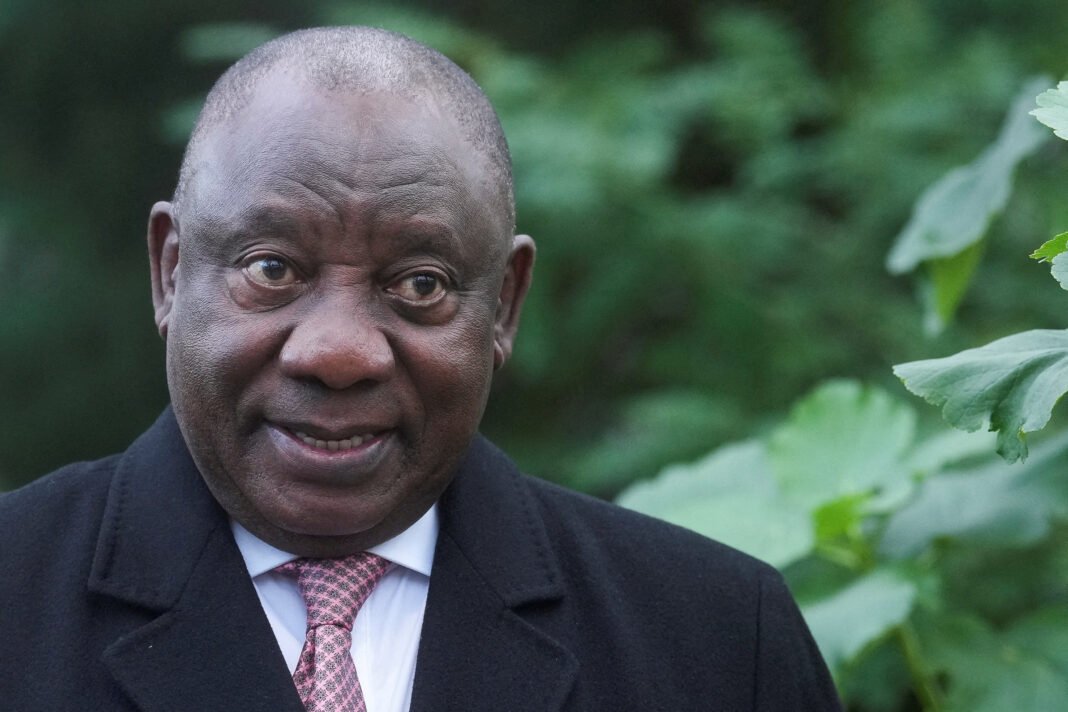NAIROBI, Kenya, January 11, 2024 — The Horn of Africa has been plagued by unchecked wartime atrocities and humanitarian crises throughout 2023, with governments in the region grappling with the fallout and receiving limited international support, warns Human Rights Watch in its World Report 2024. The report underscores that historical grievances and a culture of impunity continue to fuel widespread violations against civilians, particularly in Sudan and Ethiopia.
The conflicts in Sudan and Ethiopia have inflicted staggering human costs, including loss of life, property destruction, and large-scale displacements. Despite the severity of these crises, influential governments, the United Nations, and regional bodies have prioritized short-term gains over rights-driven solutions, leaving civilians vulnerable to abuse.
Human Rights Watch’s Africa Director, Mausi Segun, emphasizes the urgent need for global and regional action to address the deteriorating situation in the Horn of Africa. “Sudan and Ethiopia provide chilling examples of government forces and armed groups flouting international law with few consequences for their actions,” said Segun. “Greater global and regional action is needed to protect civilians and end the cycles of abuses and impunity that put civilians at risk.”
The 740-page World Report 2024, the 34th edition by Human Rights Watch, reviews human rights practices in over 100 countries. Executive Director Tirana Hassan, in her introductory essay, highlights the significance of 2023 in terms of human rights suppression, wartime atrocities, and the impact of selective government outrage and transactional diplomacy on those not included in diplomatic deals.
The situation in Sudan is dire, with armed conflict between the Sudanese Armed Forces and the Rapid Support Forces resulting in catastrophic consequences for civilians. Heavy weapons are used in densely populated areas, critical infrastructure, including medical facilities, has been destroyed, and civilians have been subjected to mass killings, sexual violence, and arson.
In Ethiopia, after a cessation of hostilities agreement was signed in November 2022, international efforts to hold parties accountable for crimes against humanity dissipated. Despite documented abuses in Amhara and Tigray, Ethiopia’s partners, including the United States and the European Union, normalized relations with the federal government.
Conflicts and climate-related events have displaced millions in the region, creating a humanitarian crisis. Sudan, in particular, has witnessed over 1.2 million people fleeing to neighboring countries, exacerbating an already severe situation with millions of South Sudanese refugees and hundreds of thousands of Eritreans, Ethiopians, and others in the country.
The deliberate actions of warring parties have worsened humanitarian crises. In Ethiopia, Eritrean forces blocked aid in Tigray, and attacks on aid workers constrained operations in Amhara. Humanitarian operations in Sudan and Ethiopia faced hindrances such as attacks on aid workers, looting of assistance, and bureaucratic requirements.
The UN Security Council’s response to civilian harm and displacement in Ethiopia and Sudan has been minimal. While the UN Human Rights Council voted to establish an international fact-finding mission for Sudan, efforts to promote accountability in Ethiopia faced setbacks.
Human Rights Watch concludes that international and regional organizations, along with influential governments, have fallen short in addressing ongoing human rights and humanitarian crises in the Horn of Africa. The report urges prioritizing accountability in political settlements and providing redress for victims of serious abuses.




